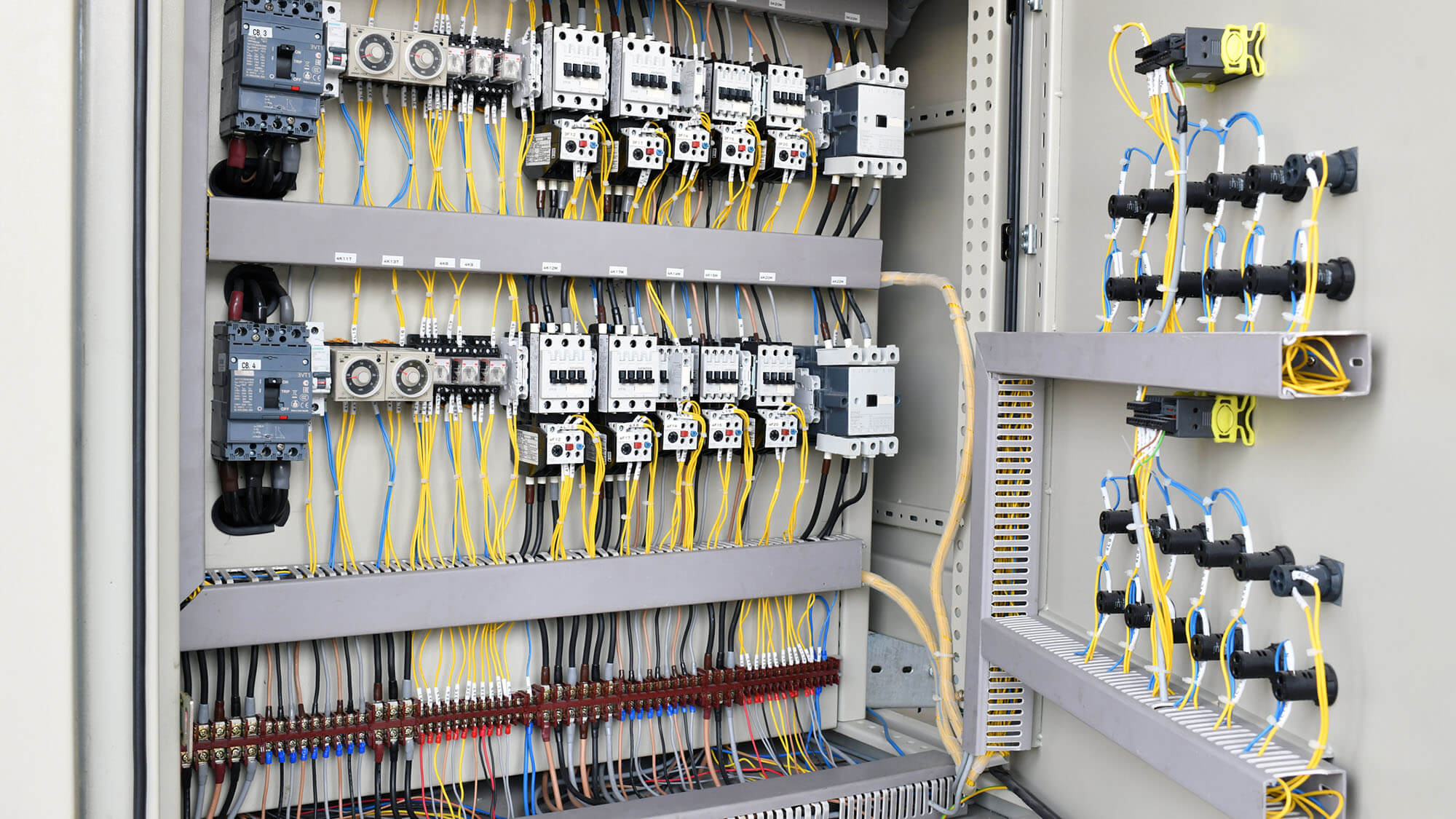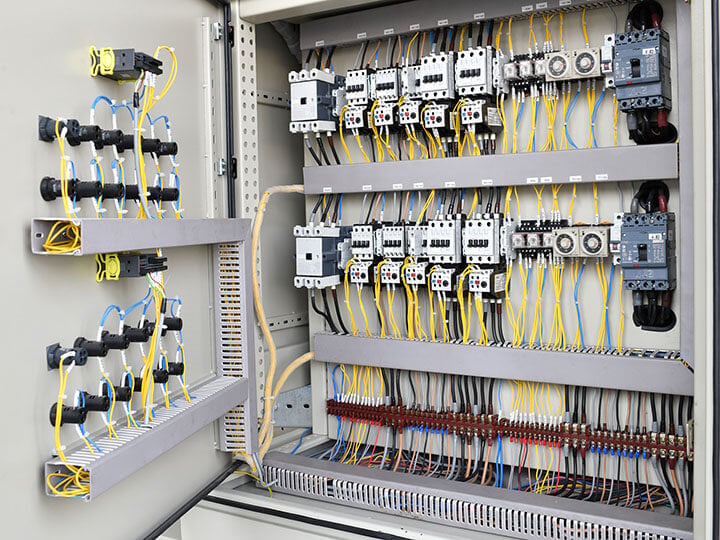What the 2025 UL 508A Revisions Mean for Industrial Control Panels

19 Aug 2025
Stay informed and proactive to ensure a smooth transition and continued market access
As of June 26, 2025, UL 508A, the cornerstone standard for industrial control panels (ICPs), has undergone a significant revision. These changes reflect a growing need to align with NFPA 79, the NEC, and evolving technologies in automation and safety.
UL 508A is maintained through a consensus-based process involving a Standards Technical Panel (STP), which includes representatives from industry, regulatory bodies, and testing laboratories. The revision process includes proposal submission, public comment, balloting, and recirculation of changes before final publication. The 2025 update followed this rigorous process, with ballots and comments collected and reviewed over multiple rounds. For manufacturers, engineers, and compliance professionals, understanding these updates is essential to maintaining certification and ensuring safe, modern panel design.
Aligning with NFPA 79: A Shift in Control Circuit Expectations
- New voltage limits for AC and DC control circuits (120Vac and 250Vdc) are now defined, with flexibility for electronic devices.
- Emergency stop (E-Stop) requirement has been relaxed, now optional depending on the control scheme.
- More flexibility in requirements for disconnecting means, which may not be required at all, provided the panel meets specific conditions such as being part of a grouped system, or clearly marked for field wiring and upstream disconnect identification.
Class 2 Circuits: Expanded Source Options
- Class 2 circuits can now be powered by sources certified to UL 508, UL 61010-2-201, or UL 61800-5-1.
- This change aligns with NEC Article 725.60(A)(4) and opens the door to more flexible component sourcing.
SCCR Ratings for SPDs
- One-port surge protective devices (SPDs) now require a short-circuit current rating (SCCR).
- Components: pullout SPD bases, bus bar adaptors, terminal blocks, and similar connecting means for one-port SPDs are exempt.
HVAC and Motor Controller Standards: A New Era
- UL 1995 is being phased out in 2025.
- UL 60335-2-40 is now accepted for HVAC (Heating, Ventilation, and Air-Conditioning) equipment.
- UL 60947-4-1 joins UL 508 as an acceptable standard for motor controllers.
Voltage Detection Devices: Defined and Regulated
- Voltage detection devices now have clear requirements under Clause 36, and test points may now be connected on the supply side of the disconnect.
- Depending on the type: absence of voltage testers (AVTs), presence indicators, or test point devices, they must comply with UL 1436 or UL 61010-2-030.
- Routing, protection, and connection points are now explicitly defined.
Process Piping and Fiber Optics: Separation and Safety
- Piping carrying air or liquids under pressure is no longer allowed in enclosures with uninsulated live parts unless properly separated.
- Fiber optic cables must now be certified to UL 1277 or UL 1651, with separation required for UL 1651 types.
Locked Rotor Ratings and Ventilation Exceptions
- New tables clarify locked rotor current ratings for disconnect switches.
- A new exception allows non-interactive devices (like indicator lights or reset buttons) to be placed in forced exhaust air paths.
Navigating the Update
These revisions represent the ever-evolving process of certification, and the process of keeping a widely used standard, such as UL 508A, up-to-date. These changes may impact component selection, documentation, and panel-design strategies. By staying informed and proactive, manufacturers can ensure a smooth transition and continued market access. Intertek is committed to supporting our partners through this process with expert guidance, training, and certification services tailored to the updated standard.

